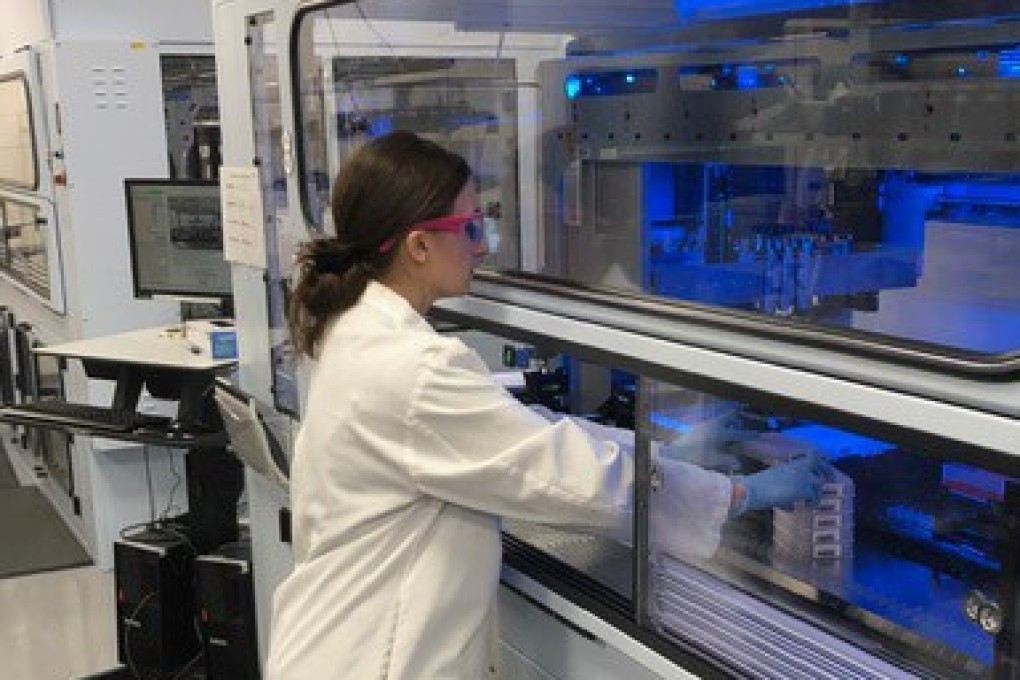Infecting volunteers with Covid-19 may speed up coronavirus vaccine studies, WHO says
- A challenge study, where treatments are tested directly against the infection in informed volunteers, might speed the path of vaccines to the public
- But officials at Moderna, where the lead vaccine for Covid-19 is in development, aren’t enthusiastic about the idea

Such studies, which pose significant potential dangers to subjects, may be considered in dire situations and with certain disclosures and protections, a working group of the United Nations health agency said in a report posted on Wednesday on its website.
Challenge studies “can be substantially faster to conduct than vaccine field trials,” according to the working group paper, “in part because far fewer participants need to be exposed to experimental vaccines to provide (preliminary) estimates of efficacy and safety.”
The report laid out eight conditions that would need to be fulfilled for challenge studies to be considered, including scientific justification, an assessment of potential benefits and the fully informed consent of subjects.
Challenge studies hold the potential to reduce coronavirus mortality around the world but pose significant potential dangers for volunteers, scientists led by Marc Lipsitch, a Harvard School of Public Health epidemiologist, suggested in a recent paper.
